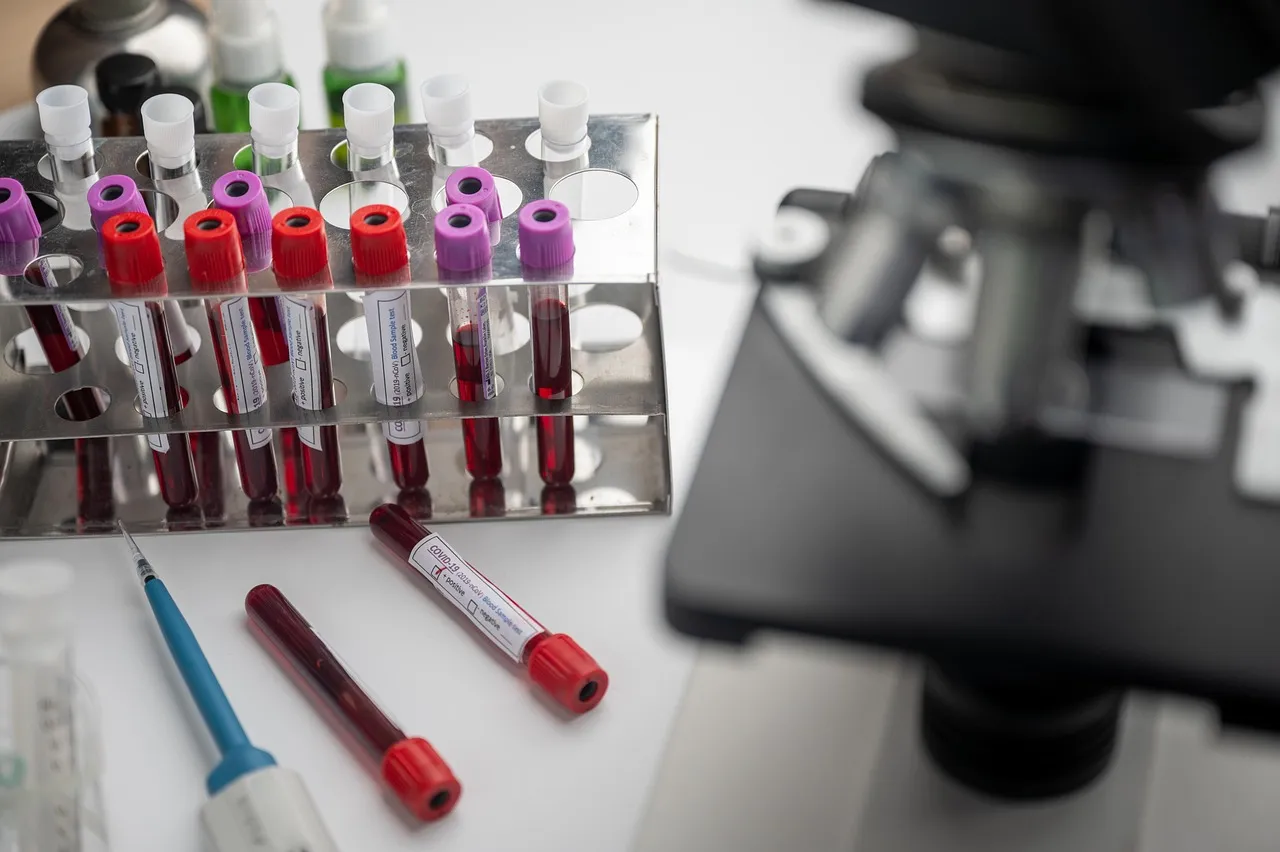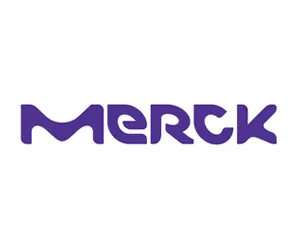
Merck Publishes Long-Term Phase 3 DeFi Trial Results Demonstrating Sustained Efficacy and Safety of OGSIVEO® (nirogacestat) for Desmoid Tumors in Journal of Clinical Oncology
Merck, a leading science and technology company, announced the publication of long-term efficacy and safety findings from the Phase 3 DeFi trial evaluating OGSIVEO® (nirogacestat), an oral gamma-secretase inhibitor developed for adults with progressing desmoid tumors requiring systemic treatment. The full analysis, which reflects the final data cut from December 2024, appears in the Journal of Clinical Oncology (JCO) and provides the most comprehensive assessment to date of nirogacestat’s long-term effects on tumor control, patient-reported outcomes, and safety.
The new data extend and strengthen the findings from the previously reported primary analysis of DeFi, initially published in The New England Journal of Medicine in 2023, by confirming that continued nirogacestat therapy leads to progressive tumor shrinkage, an increasing objective response rate (ORR) over time, and durable symptom relief for patients living with this rare and locally aggressive soft tissue tumor.

The DeFi study was a global, randomized, multicenter, double-blind, placebo-controlled Phase 3 trial, designed to rigorously assess the long-term efficacy and safety of nirogacestat. Earlier data were presented at the 2024 Connective Tissue Oncology Society (CTOS) Annual Meeting, and the new JCO publication now offers the full and final dataset.
Long-Term Results Confirm Sustained Benefit
The JCO analysis, based on the final data cutoff of December 2024, demonstrated that patients receiving long-term nirogacestat treatment continued to experience improved tumor responses compared with earlier analyses. Over extended follow-up, objective response rates increased from 34.3% at one year to 45.7% after up to four years of therapy. Notably, these responses included both additional partial responses (PRs) and complete responses (CRs) that emerged with prolonged treatment exposure, underscoring the potential for delayed but meaningful disease regression in some patients.
At the final analysis, the study identified a total of 24 partial responses (34.3%) and 8 complete responses (11.4%) among nirogacestat-treated patients, representing six new responders compared with the primary analysis. The median best reduction in target tumor size, measured by RECIST 1.1 criteria, deepened substantially with longer therapy—from −32.3% at one year (n=46) to −75.8% in patients treated for four years or more (n=15).
Equally important, improvements in patient-reported outcomes (PROs)—including measures of pain, physical functioning, role functioning, and overall Merck quality of life—were observed early in treatment and remained sustained for up to 45 months. These findings are consistent with the known clinical trajectory of desmoid tumors, Merck where symptom burden can be severe and persistent even in the absence of overt disease progression.
Expert Perspective on Clinical Significance
“Desmoid tumors are complex and unpredictable, often causing Merck substantial pain, disability, and emotional distress,” said Ravin Ratan, M.D., M.Ed., Associate Professor in the Department of Sarcoma Medical Oncology at The University of Texas MD Anderson Cancer Center and lead author of the JCO publication. “For many patients, these tumors significantly interfere with daily functioning and well-being. The long-term DeFi data demonstrate that ongoing treatment with nirogacestat not only sustains tumor control but also enhances patients’ quality of life over time.”
Dr. Ratan emphasized that the JCO publication provides clinicians with valuable insights into how long-term treatment can be tailored for individual patients. “While the optimal duration of therapy may vary, these data provide a strong evidence base to inform treatment Merck decisions and improve the overall standard of care for patients with desmoid tumors,” he added.
A Consistent and Manageable Safety Profile
Over the course of long-term therapy—up to four years of continuous exposure—nirogacestat maintained a consistent and manageable safety profile, with no new safety signals emerging. The incidence and severity of treatment-emergent adverse events (TEAEs) declined over time, particularly after the first year of therapy.
The most common adverse events (≥15%) associated with nirogacestat included diarrhea, ovarian toxicity, rash, nausea, fatigue, stomatitis, headache, abdominal pain, cough, alopecia, upper respiratory tract infection, and dyspnea. Importantly, most events were low grade and manageable with standard supportive care or dose modification.
Key Warnings and Precautions for nirogacestat relate to:
- Diarrhea
- Ovarian toxicity
- Hepatotoxicity
- Non-melanoma skin cancers
- Electrolyte abnormalities
- Embryo-fetal toxicity
Overall, the data reaffirm that the benefit-risk profile of nirogacestat remains favorable even with long-term treatment.
Clinical and Research Impact
“These results represent a major step forward in understanding Merck the long-term therapeutic potential of nirogacestat,” said Uche Iloeje, M.D., Senior Vice President and Global Head of Medical Affairs at SpringWorks Therapeutics, Merck’s development partner. “The DeFi trial is the largest and most comprehensive prospective analysis ever conducted on long-term systemic therapy for desmoid tumors. The fact that continued nirogacestat treatment led to additional tumor shrinkage and new complete responses after years of therapy underscores its value Merck as a durable treatment option.”
Dr. Iloeje also highlighted that the DeFi dataset provides a benchmark for future research in desmoid tumor management, particularly in exploring optimal treatment durations, combination regimens, and patient selection strategies.







